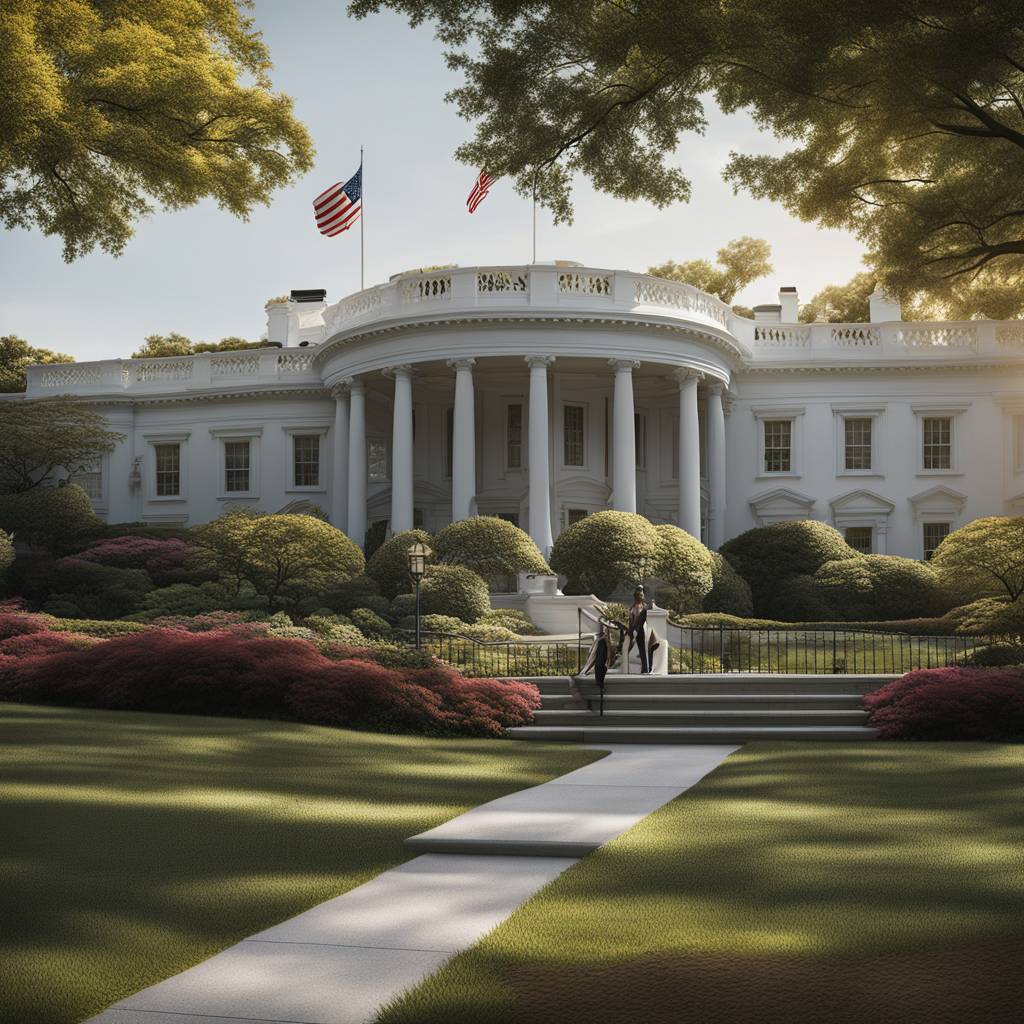A small group of House GOP privacy hawks have blocked a bill backed by Speaker Mike Johnson that aimed to renew Section 702 of the Foreign Intelligence Surveillance Act (FISA). This move comes after former President Trump called for the killing of FISA, alleging it was illegally used against him and others. The proposed bill, known as the Reforming Intelligence and Securing America Act, aimed to institute safeguards on who can access Section 702-collected data, especially if it involves a U.S. citizen, in order to prevent abuse reported against Trump and others. It would also make it a crime to use backdoor loopholes to improperly access Americans’ data.
Conservative critics of Section 702 argue that the proposed bill does not go far enough to protect Americans’ data. The dispute has left Speaker Mike Johnson in a difficult position between the House Judiciary Committee and its allies, who see Section 702 as a tool for exploitation and privacy infringement, and the U.S. intelligence community and national security hawks who believe it is crucial for preventing terror attacks. Section 702 allows the federal government to conduct warrantless surveillance of foreign nationals suspected of ties to terrorism, even if the person they are communicating with is an American citizen.
The House Judiciary Committee backed an amendment that would require U.S. officials to obtain a warrant before querying communications made by Americans, a move that has been largely opposed by national security-minded Republicans. Critics argue that this amendment could slow down the process of identifying and addressing threats, as it would require authorities to seek a warrant before accessing the contents of certain communications. Speaker Mike Johnson reportedly spoke out against the amendment during a closed-door meeting, causing outcry from GOP hardliners who believe he has compromised his neutrality on the issue.
With Section 702 set to expire on April 19 if Congress does not act, the fight over its renewal continues to escalate. The bill, which aims to renew and reform the controversial surveillance tool, is caught between competing interests within the Republican Party, with some advocating for stronger safeguards to protect Americans’ data and others arguing for the importance of Section 702 in national security efforts. The outcome of this debate will have significant implications for the future of foreign intelligence surveillance in the U.S. and the balance between privacy and national security interests.


